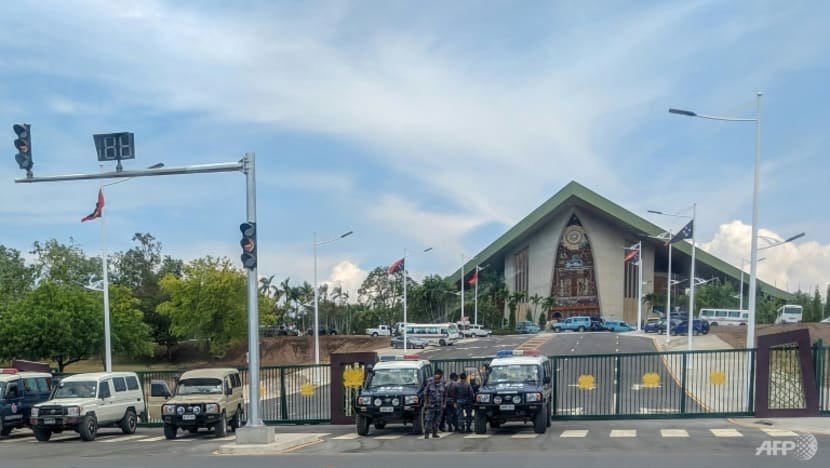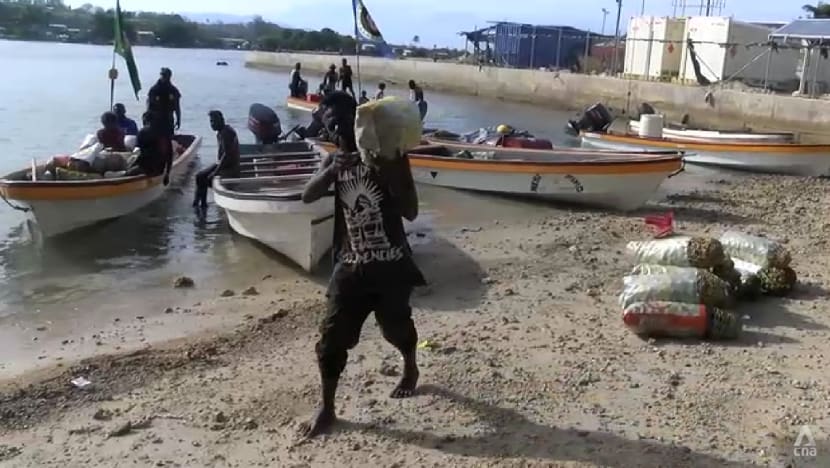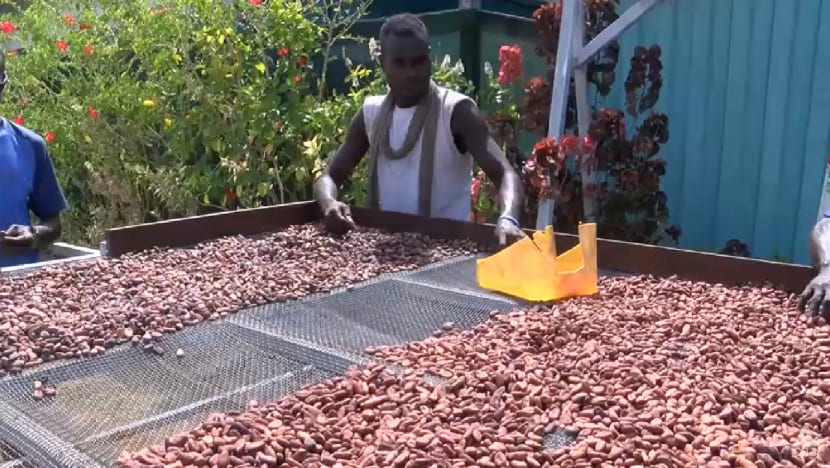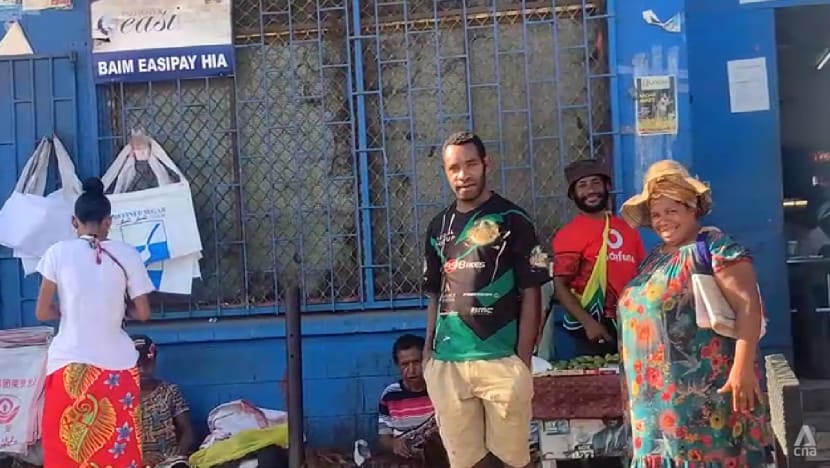New hope for Papua New Guinea’s economy but challenges stand in its way
Rich in natural resources, Papua New Guinea aims to take advantage of its location as a gateway from the Pacific to Asia, to foster stronger business ties with Europe and the world.

BOUGAINVILLE, Papua New Guinea: The southwestern Pacific nation of Papua New Guinea is embarking on a new international trade and investment programme to boost its economy, but many challenges stand in the way of its ambitious plan.
Rich in natural resources, the country aims to take advantage of its location as a gateway from the Pacific to Asia, to foster stronger business ties with the European Union and the rest of the world.
However, doing business here poses many difficulties, due to a history of tribal rivalry, law and order problems and a civil war that took place about 30 years ago.
Even today, the country continues to experience immense social problems, including poor health facilities and a lack of education, corruption and economic mismanagement.
POVERTY AND CORRUPTION
Around 40 per cent of Papua New Guinea’s population lives in poverty, even though the country is brimming with natural resources.
While some businesses may see the potential of big returns on investments in the country, Mr Michael Sullivan, president of the Papua New Guinea Europe Business Council, cautioned that the country is “not for the faint-hearted” due to its low levels of security.
“PNG has suffered from an urban drift. People have flooded from the villages to the large cities - Port Moresby, Lae, Mount Hagen - for work. Often they don’t have the skills to participate in the economy, and therefore they turn to crime,” he said.

Corruption has also hindered the country’s progress and development, pushing the government to establish an Independent Commission Against Corruption.
The anti-corruption watchdog’s acting chairman Thomas Elu said Papua New Guinea is regarded as one of the most corrupt countries in the world, with corruption infiltrating the community from the very top to bottom.
A NEW HOPE
Bougainville, an autonomous region east of the mainland, has an abundance of minerals such as copper and gold, and at one point, boasted one of the world’s biggest copper mines, the Panguna mine.
However, much of the profits went to the owners and the government, with little trickling down to the local community.
Political conflicts and disagreements about the unequal distribution of the revenue from the Panguna mine led to the region becoming the centre of the civil war, which claimed 20,000 lives and forced the closure of the mine. But there are now renewed hopes that it could open again.
Mr Robert Critchley, interim president of the Buka Business Association, said: “We have a great opportunity now to do things right, where the indigenous people of Bougainville can get better benefits from whatever’s extracted. But it has to be a proper plan, and has to be done for everyone.”
Today, Bougainville survives on government aid and an agrarian economy, including the cultivation of cocoa and coffee beans.

Bougainville’s government is currently demanding independence, supported by 97.7 per cent of the population in a 2019 referendum. However, it is by no means assured, with the results still to be ratified by the Papua New Guinean government.
In the meantime, Papua New Guinea will have to continue supporting the autonomous region economically.
The financial strength of Bougainville would be a key factor in sustaining its independence, noted its director of economic development Raymond Moworu.
Even if an agreement is reached for its independence, it may take another decade for the lucrative Panguna mine to be cleaned up and reopened.

Bougainville’s Minister for Primary Industries Geraldine Paul said that reopening the mine is a priority of the government, but they have to do it in a manner which ensures a fair distribution of profits for both landowners and the local community.
“Bougainville within the crisis became very disintegrated. Many people died. And families were disintegrated, displaced and all that,” said Sister Lorraine Garasu, from the Sisters of Nazareth peacebuilding mission, of the country’s civil conflict.
Apart from the Panguna mine, two major liquefied natural gas projects have been planned in Papua New Guinea over the next few years, injecting US$20 billion into the economy.
It is a sign of increasing confidence by foreign investors in the country, where locals look hopefully towards a more peaceful and prosperous future.
















